Policy Makers
Food is an area of public life that intersects with many policy arenas, including fisheries and environmental management. To advance Eating with the Ecosystem’s mission, we engage in dialogue with longstanding decision-making bodies such as fisheries councils and environmental agencies as well as “new” policy bodies such as the food policy councils and seafood marketing collaboratives that have sprung up around New England in recent years to leverage a rising public awareness around food. Translating among the cognitive frameworks used by these disparate policy communities is a key part of our mission to integrate fisheries ecosystem science with local food systems development.
If you are a policy maker interested in collaborating with Eating with the Ecosystem, here are a few ways you can get involved:
Create policies that support local marine ecosystems and seafood businesses. We work closely with members of the fishing community, seafood businesses, chefs, researchers, and consumers on a number of different seafood related topics. We are happy to share our insights towards creating policies that support our local marine ecosystems and seafood businesses.
Suggest a research or project idea. Keep us informed by letting us know what is happening and what’s important to you. Your insight may spark a project idea!
Join our Advisory NETwork. Join our inside circle of mentors by signing up for an ongoing advising role.
If you are interested in getting involved in any of these ways, contact kate@eatingwiththeecosystem.org
Examples of our work
EAT LIKE A FISH CITIZEN SCIENCE RESEARCH PROJECT
This one-of-a-kind research project included weekly shopping expeditions, home cooking experiments, and adventurous dinner table taste tests. Eighty six citizen scientists journeyed to seafood markets, supermarkets, farmers’ markets, and seaside fishing piers, hunting for 52 New England seafood species for 26 weeks (at a rate of four randomly assigned species per person per week), making note of where they found them and where they didn’t. When they found them, they took them home for dinner.
The Eat Like a Fish citizen science project produced first-of-its-kind data to help seafood eaters, sellers, and promoters plot a course for achieving greater symmetry between the wild creatures in New England’s ocean ecosystem and those found in its markets. Diversifying seafood supply chains and balancing harvests with ecological rhythms are necessary steps to reduce disruption of marine food webs and adapt to climate change.
Annual Seafood market Blitz
Using the concept of a Bio Blitz, (an intense period of biological surveying conducted by groups of scientists, naturalists, and volunteers in an attempt to record all living species within a given area over a continuous period of time), we set out to apply this concept to the seafood marketplace to help us gain a greater understanding of the composition of seafood in our New England retail markets. The Seafood Market Blitz utilizes a group of citizen science volunteers to collect data about New England retail seafood markets such as species availability, product form, price, origin, and sustainability labels present. Our goal is to have volunteers visit as many New England retail markets that sell seafood as possible. The data collected through the Seafood Market Blitz will go into a database that can be used to help understand the composition of the New England seafood marketplace and track changes over time.
Seafood For All
Eating with the Ecosystem's Seafood For All project partnered with the Rhode Island Community Food Bank and two seafood distributers - Tony's Seafood and Town Dock - to pilot new supply chains to bring local seafood to low-income neighborhoods and food pantries in the Ocean State, ensuring that all Rhode Islanders have access to healthy, local seafood.




